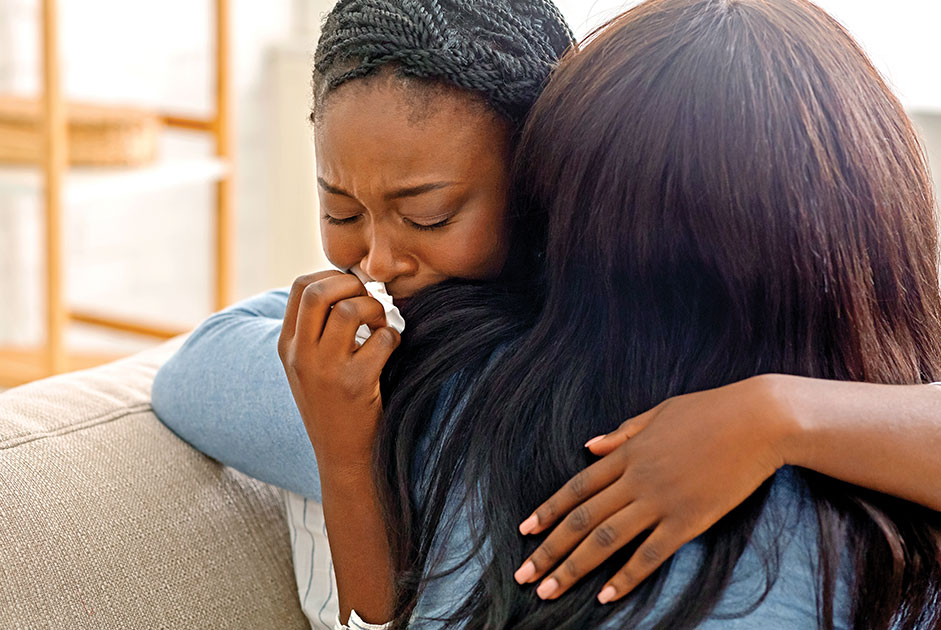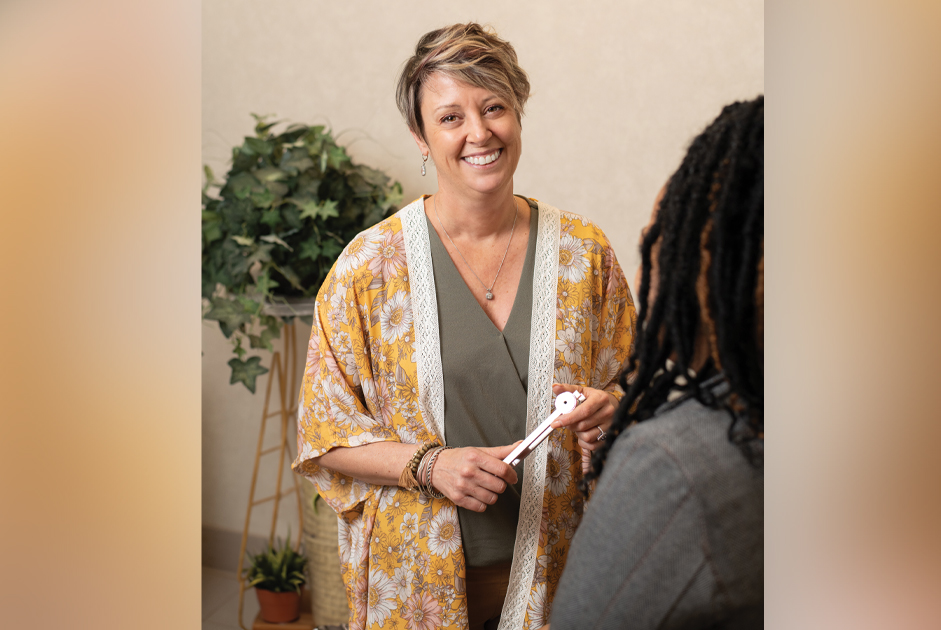Cry Me a River: Embrace Your Tears
BY JEAN MARIE JOHNSON
“The new enlightened paradigm of what constitutes a powerful man or woman is someone who has the strength and self-awareness to cry.” – Author Unknown
Five Good Reasons to Have a Good Cry
If the COVID 19 pandemic moved you to tears, you probably weren’t thinking about strength or self-awareness when those emotional tears began to flow. You didn’t need to. All you knew is that you were responding authentically, and from the heart. As it turns out crying is indeed good for you. Neuroscientist Dr. William H. Frey II, author of Crying: The Mystery of Tears has identified these five great reasons to have a good cry:
Crying relieves stress – It is a stress reduction technique that can mitigate the risk of heart attack, digestive issues, headaches, migraines, and other health issues.
Crying lowers blood pressure – High blood pressure contributes to stroke, heart failure, and even dementia. After crying and venting during a therapy session, patients experience lower blood pressure and pulse rate.
Crying reduces manganese – Manganese is a mineral that affects our mood. High levels of this mineral are associated with anxiety, irritability, and aggression.
Tears remove toxins – We know that we feel better after a good cry, but we may not know that our tears helped us to eliminate stress hormones such as cortisol. In other words, a good cry is truly a deep cleanse!
The fifth reason is a bit of a stand-alone because it is all about the relationship we have with ourselves and the connections we nurture with others:
Crying benefits us and brings us closer together – When we cry, we are brought back to the feelings that provoked them. Crying has the power to deepen our own empathy, elicit the support of others, and draw us closer together. In this sense, crying has been essential to our ability to collaborate and survive as a species. Dr. Judith Orloff has noted that in over 20 years as a physician, she has witnessed how tears help us to process life’s losses and keep going – with an open heart.
Be there with them
As a former HR professional and change management consultant, I’ve witnessed how an organization’s key learning moments can occur when someone has the courageous authenticity to cry. Isn’t it worth our while to consider how that same courageous authenticity – the type expressed by the very human act of crying – might lead to healthier children, healthier relationships, healthier workplaces, and healthier lives? Here’s a place to start: instead of feeling uncomfortable, offering advice, or delivering a meaningless “it’ll all be fine” platitude the next time you are with someone who is crying, consider these more helpful tips:
- Be a witness to their feelings by describing what you see or sense: “I know this has been so hard for you,” or “You have been through so much loss.”
- Paraphrase what you heard them say: “I think you’re saying that you never imagined being in a situation like this and you’re feeling totally blindsided.”
- Empathize with them: “I can see why this would feel so devastating,” or “It’s painful to experience this type of loss.”
- Replace “Why do you think/feel that way” questions: instead, say, “Tell me what happened,” or “Help me to understand.”
- Resist the urge to cheer them up or to minimize their experience: instead, focus on helping them to see that YOU GET IT.
- Reiterate your support and commitment to them: any version of “I am here for you” that is spoken from your heart is key to providing comfort right now.






















